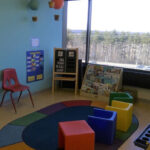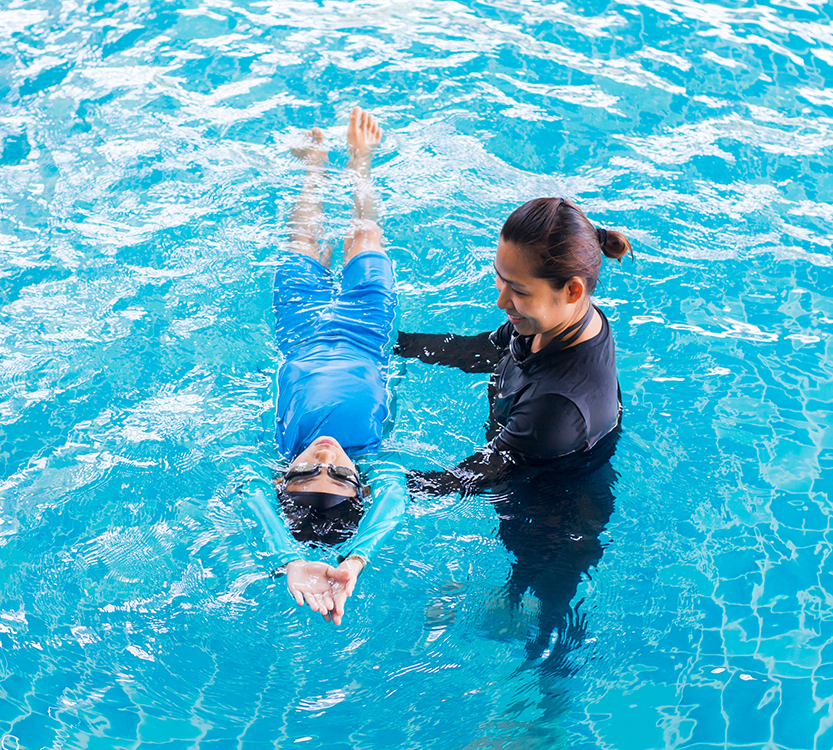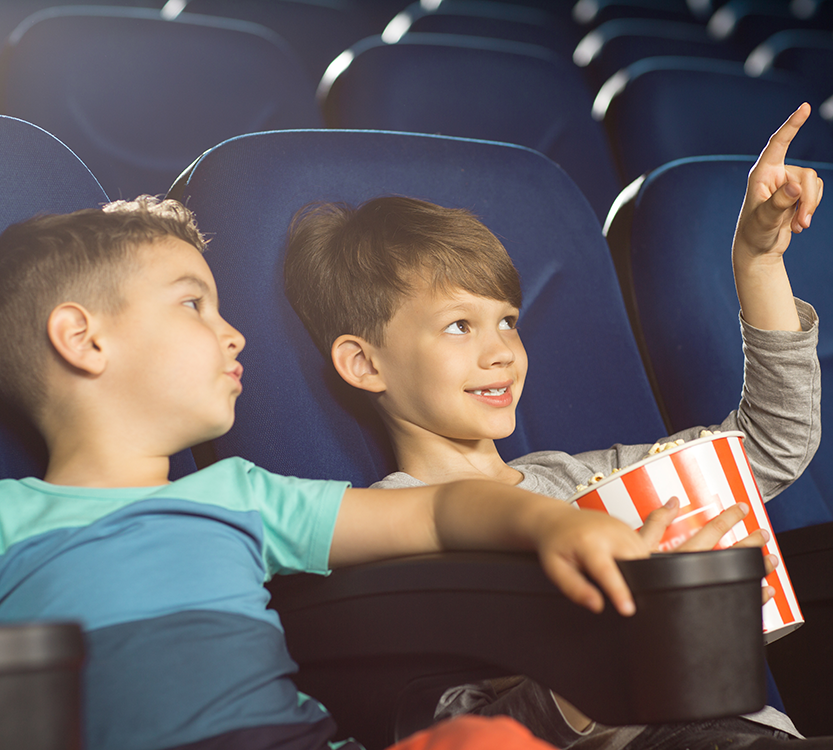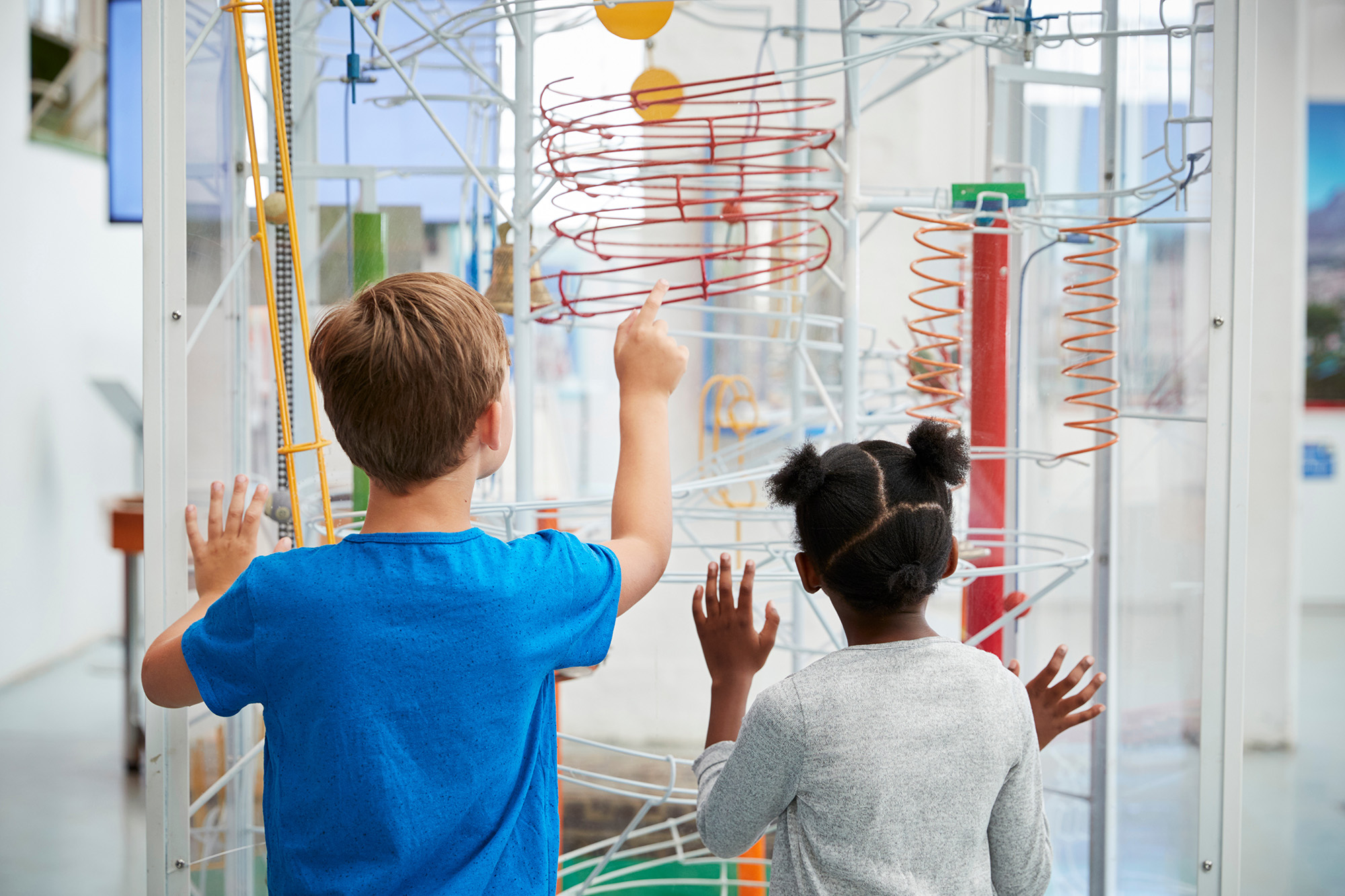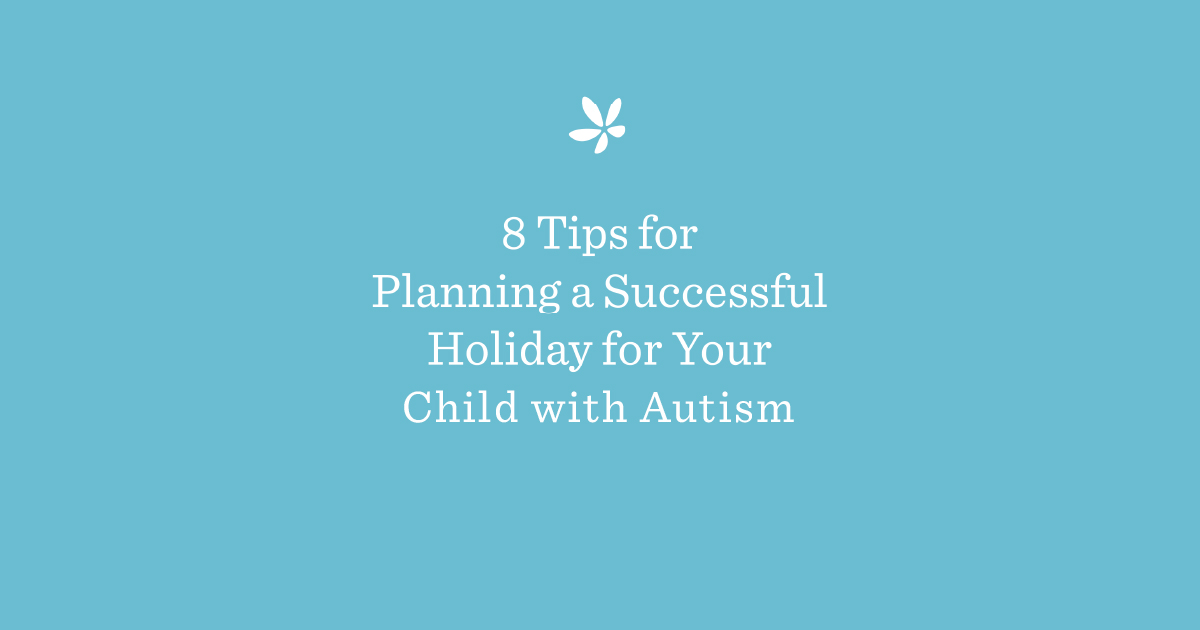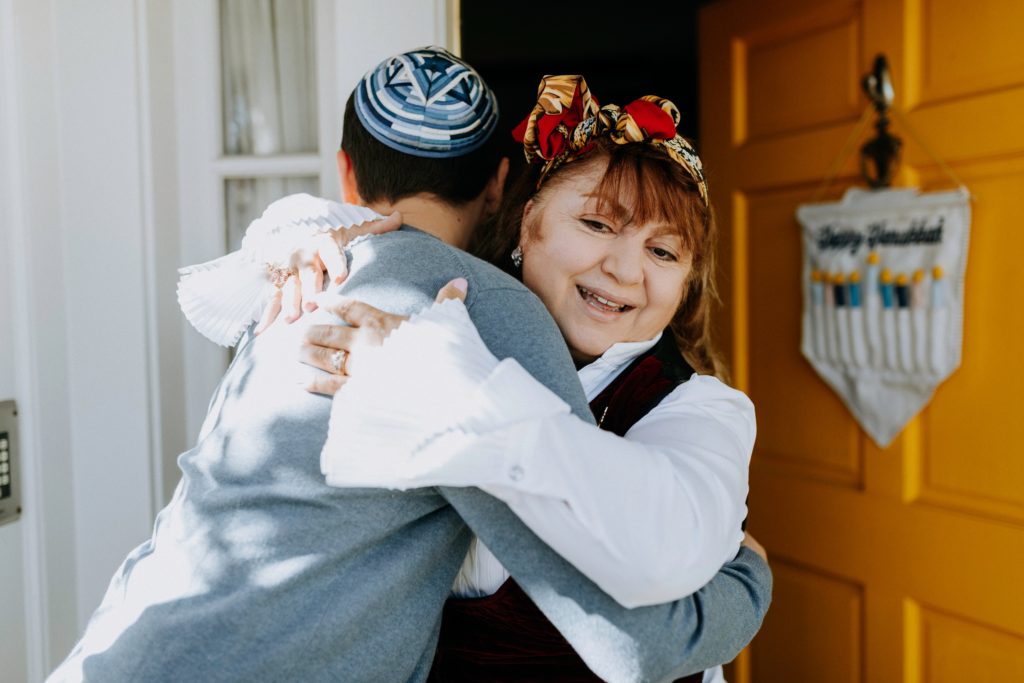5 Sensory-Friendly Spots in Chicago for Kids on the Autism Spectrum
FEATURED POSTS
February 16, 2026
On a busy day in Chicago, it can feel like everything is happening at once. The sounds of traffic mix with music spilling out of restaurants, while crowds fill sidewalks and trains. For families with kids on the autism spectrum, that level of activity can sometimes be too much.
That is where sensory-friendly spaces come in. “Sensory friendly” means places that intentionally reduce noise, crowds, or lighting and provide calming areas so children can explore at their own pace.
Chicago has several destinations that make this kind of thoughtful effort. Here are five of the best.
1. Try the Field Museum’s Sensory Friendly App
The Field Museum makes a deliberate effort to welcome families with sensory needs. Its free Field for All mobile app helps visitors plan ahead with exhibition previews, customizable schedules, and a sensory-friendly museum map. For those who may need extra support during their visit, the museum also offers sensory bags that include fidgets, sunglasses, headphones, and emotion cards. These resources give families practical tools to navigate the museum with less stress.
Tip for Families: Download the app before your visit and stop by the Visitor Center to borrow a sensory bag. Then, use the app’s map to find quiet areas.
2. Explore Science at Your Own Pace at the Museum of Science and Industry
The Griffin Museum of Science and Industry, one of the largest science museums in the world, hosts sensory-friendly mornings with smaller crowds, dimmed lights, and lower sound. Families can borrow sensory bags with fidgets and headphones, and quiet zones are clearly marked throughout the building.
Tip for Families: Check the calendar for sensory-friendly dates and use the quiet zones for a quick reset.
3. Visit the Animals in a Calmer Setting at Lincoln Park Zoo
Lincoln Park Zoo, one of the country’s oldest free zoos, is also one of the most inclusive. It offers sensory-friendly mornings several times a year, opening early to guests with disabilities and their families who register. During these special mornings, attendance is limited, and lights and sounds are adjusted. Staff are available to support a more relaxed experience. The event includes access to animal buildings and outdoor habitats, and families are welcome to stay after the zoo opens to the public. Admission is free, but advance registration is required.
Tip for Families: Register online ahead of time to secure a spot. Bring headphones or a comfort item if your child is sensitive to sounds or transitions.
4. Register for an ‘Everyone at Play’ Session at Kohl Children’s Museum
Kohl Children’s Museum in Glenview hosts Everyone at Play, a free, sensory-friendly event offered several times a year. During these sessions, the museum is open only to families of children with disabilities. The lights are lowered, the crowds are smaller, and trained staff are available throughout the space. A dedicated quiet room is also open for breaks.
Tip for Families: Register early, as spots fill quickly. Bring headphones or a favorite comfort item, and ask staff about quieter exhibit areas during your visit.
5. Cheer on the Bulls or Blackhawks and Get Sensory-Friendly Support at the United Center
Game days at the United Center are loud, energetic, and packed with fans, but they don’t have to be overwhelming. The arena is sensory inclusive and offers sensory bags with noise-reducing headphones, fidget tools, and communication cards. Families can also access a quiet room during events. This support is available at every Bulls and Blackhawks game, along with concerts and other live events.
Tip for Families: Stop by Guest Services when you arrive to check out a sensory bag and get directions to the quiet room.
Creating a More Inclusive Chicago
Finding sensory-friendly activities can make a big difference for families. These five places in and around Chicago offer calm, welcoming spaces where kids with sensory sensitivities can feel comfortable, supported, and included.
From hands-on museum exhibits to accessible game-day experiences, these outings give children the chance to participate in a way that works for them.
Looking for more ideas? Visit our LEARN Behavioral blog on 5 simple play ideas to try at home or in your community.
Need additional support for your child in Chicago? At Total Spectrum, a division of LEARN Behavioral, we use science and data to deliver contemporary applied behavior analysis (ABA) therapy, personalized to your child’s unique strengths, needs, and personality. Learn more about our services in the Chicago area and contact us today.






